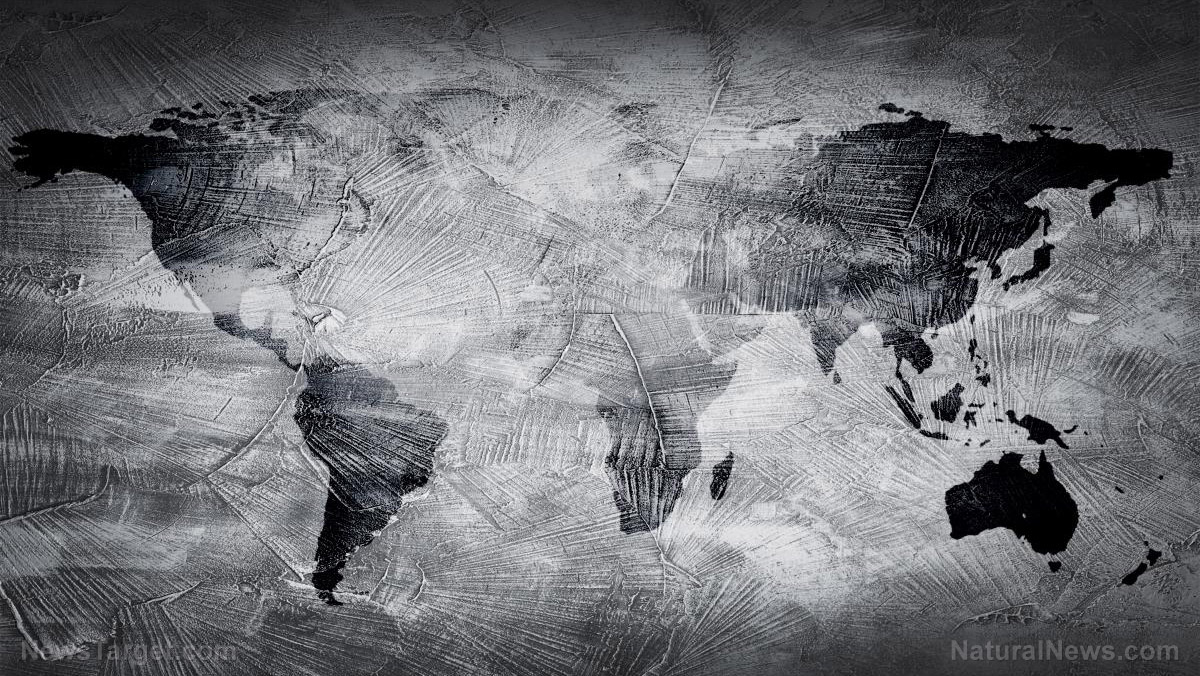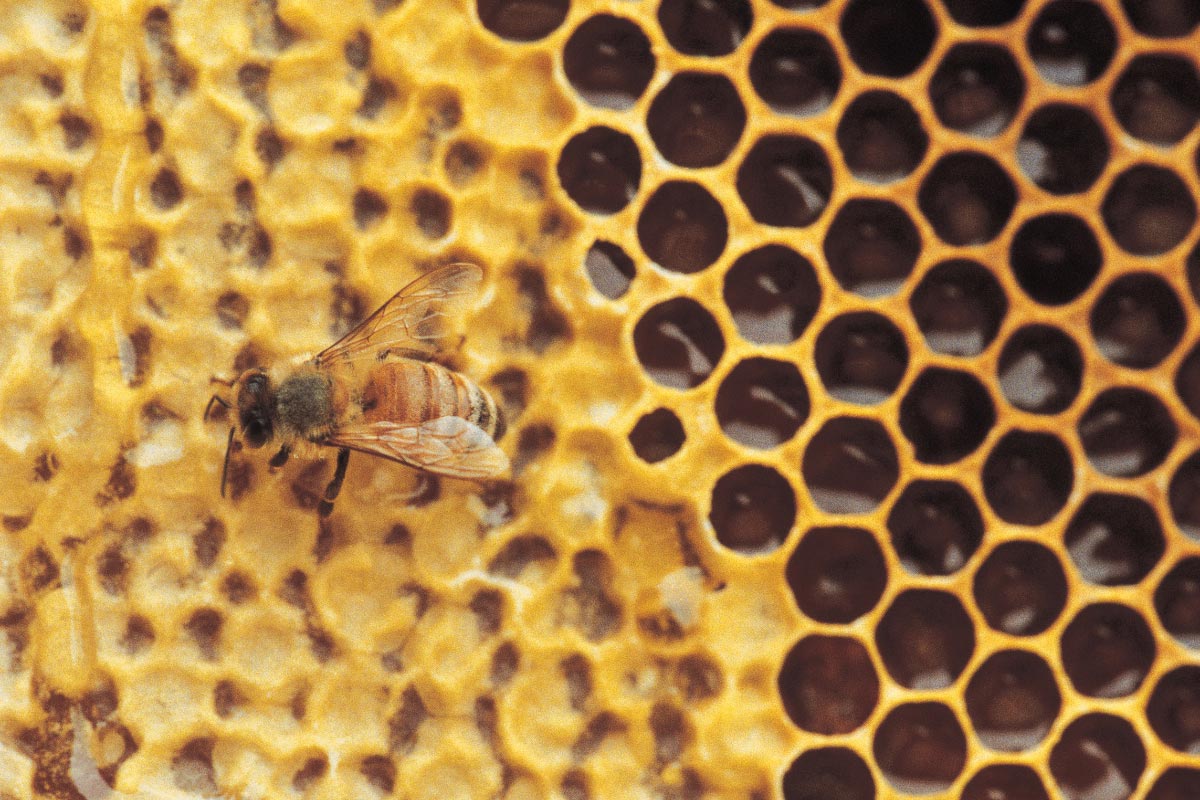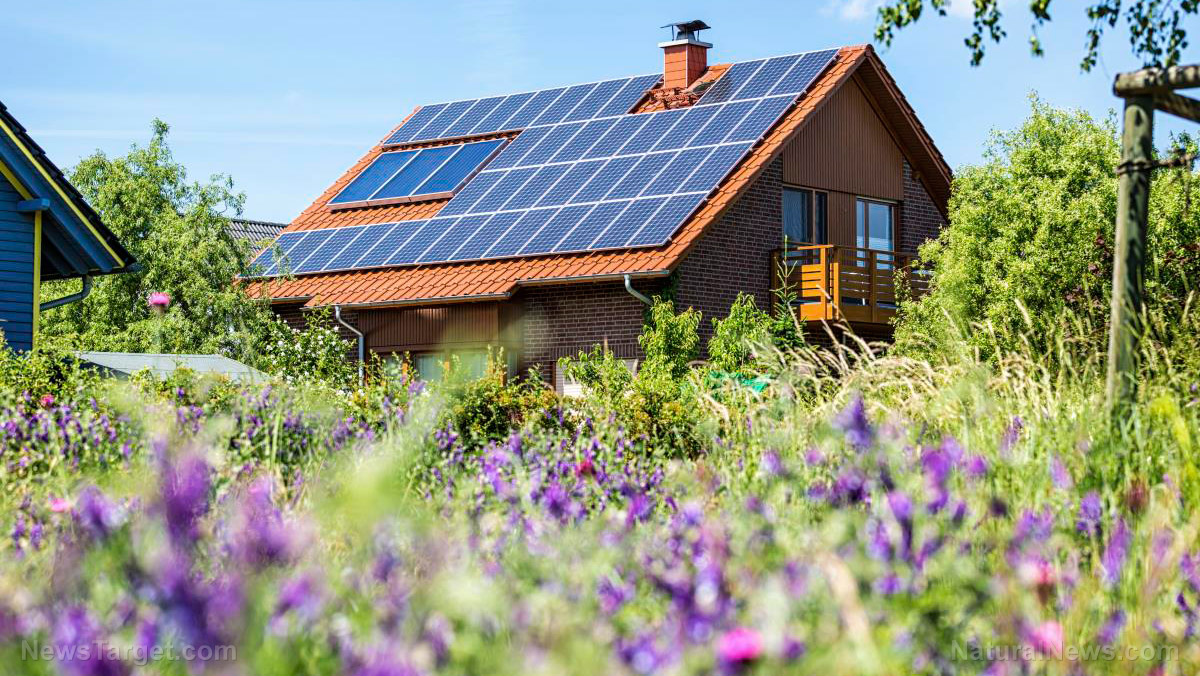Societal collapse: “Optimistic” estimates give humanity a 10 percent chance of surviving next few decades with current rate of deforestation
08/05/2020 / By Virgilio Marin

Human civilization only has a 10 percent likelihood of survival in the next few decades without undergoing societal collapse, found a study published in the journal Scientific Advances.
Researchers from the University of Tarapacá in Chile and the University of Surrey said that the cutting of trees based on today’s average deforestation rates is driving humanity toward a catastrophic fate.
“Calculations show that, maintaining the actual rate of population growth and resource consumption, in particular forest consumption, we have a few decades left before an irreversible collapse of our civilization,” wrote the researchers.
Fast rates of resource consumption driving humanity to collapse
In the study, the researchers concentrated on the effect of deforestation on the survival of human civilization from a statistical point of view. They created a model that took into account current conditions in deforestation and extrapolated them in the future.
Results show that the probability of humanity surviving the next two to four decades without going through a catastrophic collapse is 10 percent at the most optimistic level.
The researchers also noted, that given the rate of today’s consumption, all forests will disappear in about 100 to 200 years. But long before the last tree is cut down, humanity will already be facing all manners of collapse.
“Clearly it is unrealistic to imagine that the human society would start to be affected by deforestation only when the last tree would be cut down,” said the authors.
They also examined whether technological advances can help prevent environmental collapse or rebuild civilization on an extraterrestrial planet. They answered that technology is heavily reliant upon natural resources: The more technology progresses, the more natural resources are consumed. Consequently, it’s very rare for a civilization to achieve a level of technological sophistication that allows them to venture beyond the solar system, without first using up most of their resources.
In conclusion, the authors recommended slowing down the rate of deforestation to help reduce the threat of societal collapse. They also called out previous environmental pacts that are rather subservient to prevailing economic interests, espousing instead for a society that prioritizes the environment above all individual interests.
Despite some limitations, such as its static treatment of environmental conditions and the lone focus on deforestation, the findings of the study highlight how urgent at this point it is to enact global and aggressive interventions that make a huge impact in preserving Earth’s natural resources.
As the authors wrote, “It is hard to imagine, in absence of very strong collective efforts, big changes of these parameters to occur in such time scale.” (Related: Unusual ways to address deforestation: Proposed bill in the Philippines requires students to plant 10 trees before they can graduate.)
Consequences of deforestation
Although the United Nations Food & Agricultural Organization reported that the rate of deforestation has been declining, they also found that the global forest area has been decreasing — about 178 million hectares of forests were cut down from 1990 to 2020, which is approximately the size of Libya.
Deforestation is especially prevalent in the tropics nowadays. In fact, a report estimated that the tropics lost a total forest area that is about the size of Bangladesh in 2017. The countries Brazil, the Democratic Republic of the Congo and Indonesia also held the top three spots for the highest average of annual net losses of forest area over the last 10 years.
Deforestation has big consequences on humanity and life in general. Forests are home to many animals and serve as an important resource all over the world. In Uganda, for example, people rely on trees for firewood, timber and charcoal. But in the last 25 years, 63 percent of Uganda’s forest cover was lost.
Meanwhile, about 75 percent of Earth’s freshwater comes from forested watersheds, while over half the global population relies on these watersheds for their drinking water. The loss of trees, however, can affect water quality.
Deforestation in the tropics also reduces rainfall and contributes to drought-like conditions. This is the scenario presently observed in the Amazon rainforest that continues to be ravaged by tree-cutting and increasing temperatures in its stripped areas.
Forests can also reduce carbon emissions by absorbing carbon dioxide. But deforestation not only deprives human beings of this benefit — the very act of clearing trees also produces carbon emissions.
It is therefore important to address deforestation especially as the threat of humanity’s collapse is at stake.
Sources include:
Tagged Under: Amazon rainforest, apocalypse, carbon emissions, catastrophe, chaos, Collapse, deforestation, Drought, Ecology, environment, forests, future, human extinction, humanity, natural resources, survival, trees
Get independent news alerts on natural cures, food lab tests, cannabis medicine, science, robotics, drones, privacy and more from NewsTarget.com
Get independent news alerts on natural cures, food lab tests, cannabis medicine, science, robotics, drones, privacy and more from NewsTarget.com
RECENT NEWS & ARTICLES
COPYRIGHT © 2017 · SURVIVAL NEWS





















